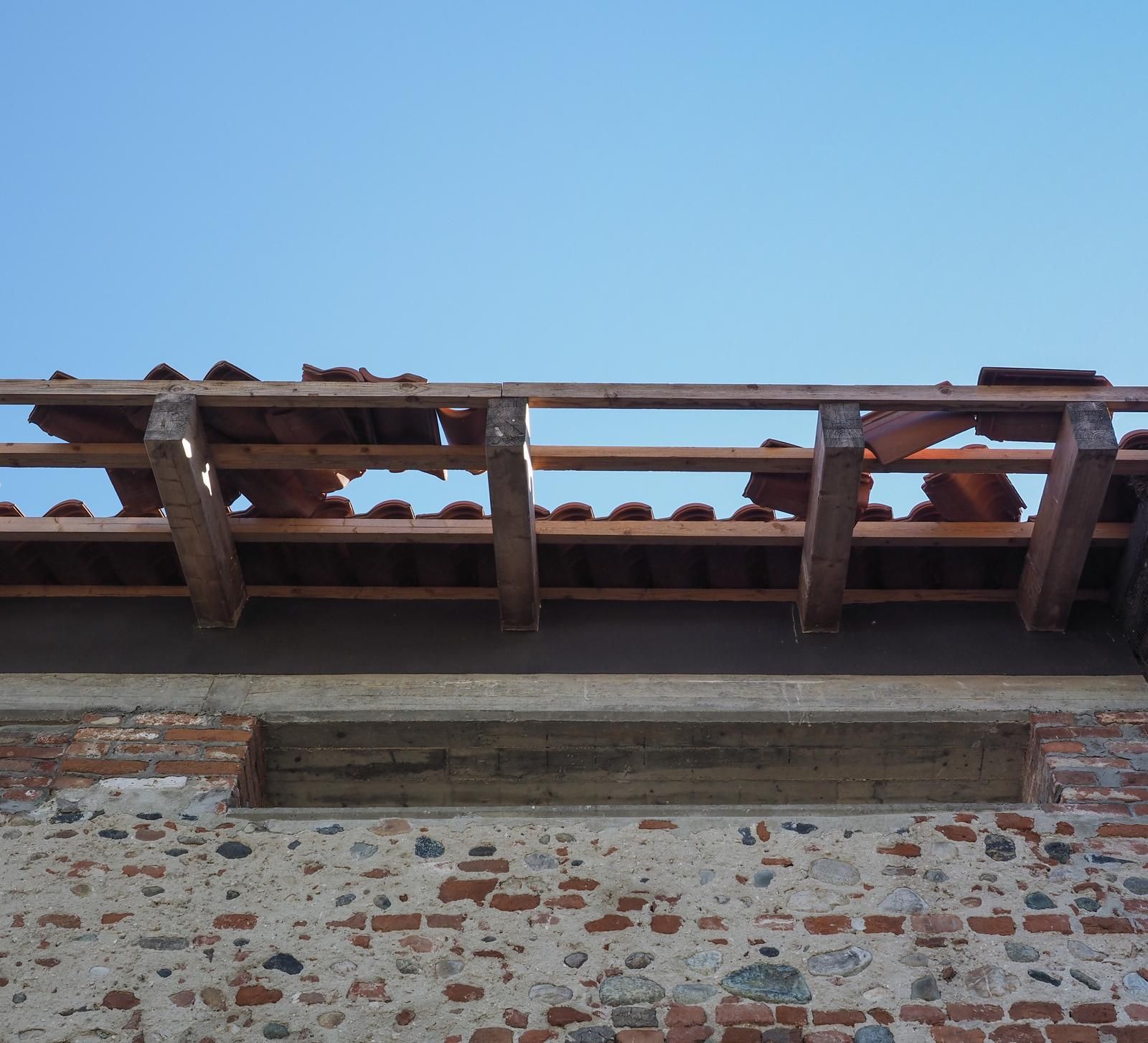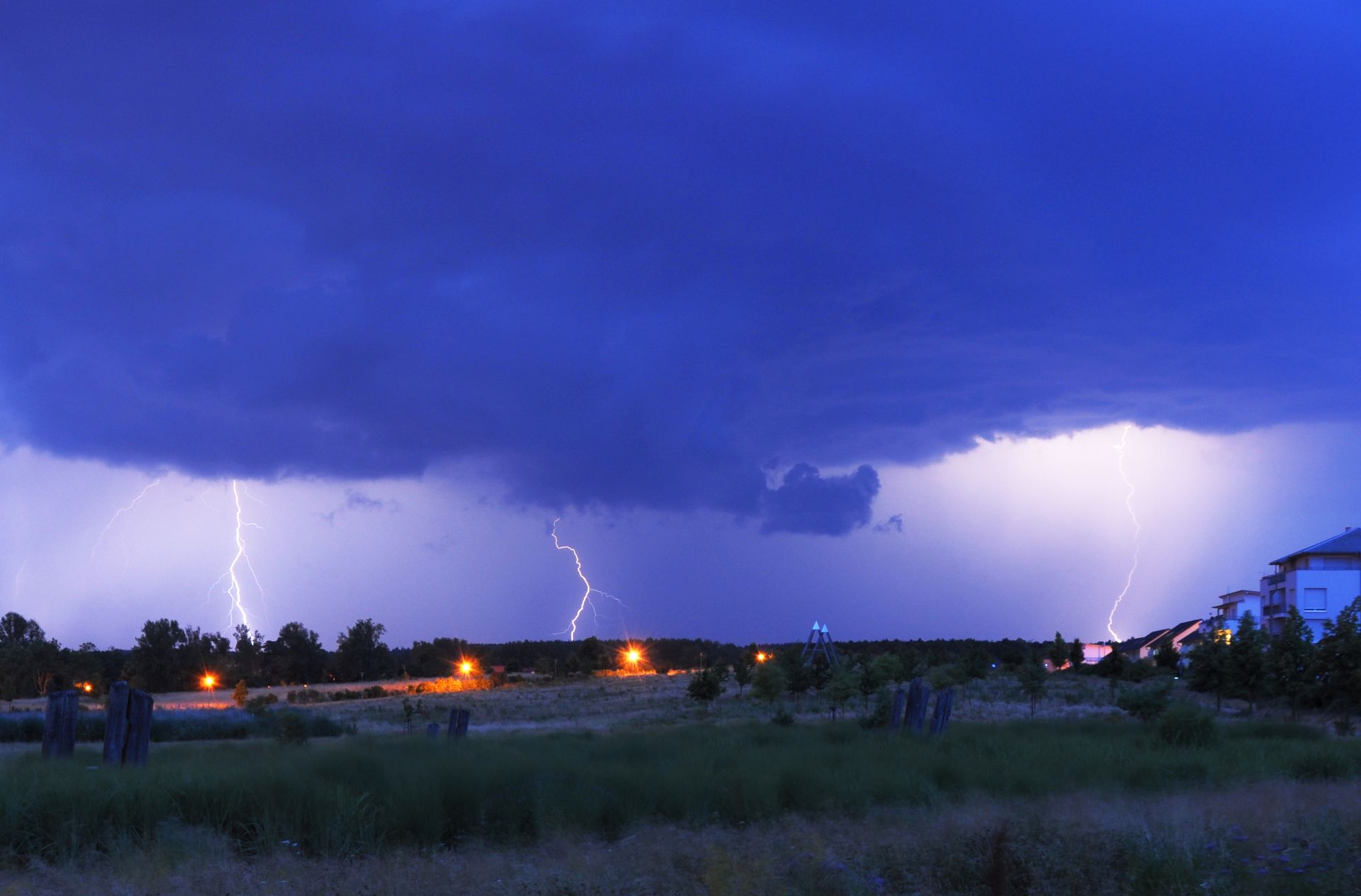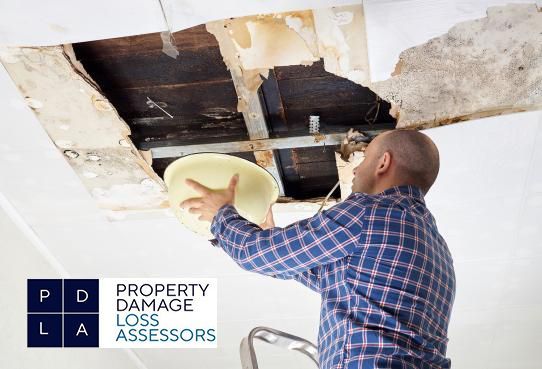What to Do in Cases of Storm Damage
It can be difficult to know what to do when a storm hits your home. Careful planning ahead of time can make the process easier and get you back on track as quickly as possible. Basic tips include ensuring that you keep an eye out for hazards like downed power lines, caved-in roofing materials, standing water, and collapsed walls. Take photos of any damaged areas and share them with your insurance company right away. We have listed which steps you can take in order to make this already difficult process a bit easier.
Evacuate
Evacuations occur when a building or city is threatened by a natural disaster, a chemical spill, or a transportation accident. Emergency evacuation plans are developed to ensure that everyone expected to evacuate safely and quickly is able to do so.
The decision to order or defer an evacuation is made based on the level of risk posed to patients, staff, and hospital facilities. An immediate threat to patient or staff safety requires a quick decision to evacuate, whereas a situation that does not yet require immediate action could improve (i.e., no risk of patient/staff injury) or worsen and require a more careful assessment of the situation.
Often, an evacuation decision team will decide to shelter-in-place, rather than immediately order an evacuation. This may be a result of a lack of warning, a lack of adequate planning time, or circumstances that have not yet allowed for the implementation of contingency plans.
Cover the Damage
Having a solid insurance policy is key to a happy home owner, so do your homework and read your policy closely. A well crafted homeowners insurance policy will help you out of any disaster with the least amount of stress and worry. The best way to ensure you get the most out of your insurance plan is to shop around for the lowest rate possible. The key is to compare the coverage and claims of each insurance provider and make sure you are not paying for anything you don't need. Using the right insurance company can also mean getting the best rates for your family's medical and dental needs as well as the extra protection you need from an unexpected loss of your home or property.

Document the Damage
After a storm, it is important to document the damage in your home. This will help you start the insurance claims process quickly and effectively.
Taking pictures of damaged areas is an excellent way to show how much damage has been done. This is a crucial step that will also help the insurance company assess how to best fix your home.
Be sure to take photos of every area that has been affected by the storm. Go room to room and take pictures of damaged items, as well as any structural damages.
It is especially important to make a list of personal belongings that were destroyed or damaged, as this will ensure that they are covered under your insurance policy. Be sure to include the name of the item, its purchase date and brand as well as any other pertinent information about it.
Contact Your Insurance Company
It is always important to contact your insurance company in the event of storm damage. They can provide an adjuster, begin documenting and mitigating the damage, and even help you receive a check for additional living expenses if your home is unlivable.
When an adjuster arrives, he or she will do a walk-through of your home and mark with chalk any damage that may be covered. They will also take a closer look at your roof, siding and deck.
Once an adjuster has inspected your property, they will likely write you a check to replace your damaged items and repair any permanent damage. It is important to keep all receipts for any repairs and purchases that were made.
While some insurance companies operate in good faith and do their best to compensate policyholders for storm-related damages, others are less forthright and may be attempting to deny or underpay your claim. If you believe this is happening, contact your state insurance department for information on their complaint history.
If you are currently in the middle of a situation where you think you need a professionals help, please feel free to contact us. We are here to help you! If you need help straight away, feel free to contact our 24/7 helpdesk:
Dublin: 01 6855675
Laois: 057 86 37500
24/7 Helpline: 087 2061411
Navigating Storm Damage Claims on Your Irish Property


01 6855675 | 057 86 37500 | 087 2061411
DUBLIN
Unit 8 Fashion City, Ballymount, Dublin 24.
D24 EW2P
LAOIS
Unit 4, Vision 85, Zone 3, Clonminam Business Park, Portlaoise, Co. Laois, R32 F785
Call our 24/7 helpline on 087 206 1411 for a free no obligation consultation.
James Armitage & Associates Limited t/a Property Damage Loss Assessors is regulated by the Central Bank of Ireland Registration No. C432996.
Public Loss Assessors
Serving Nationwide
Property Damage Loss Assessors


